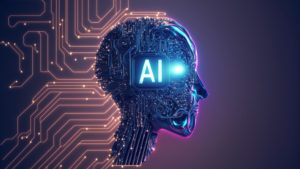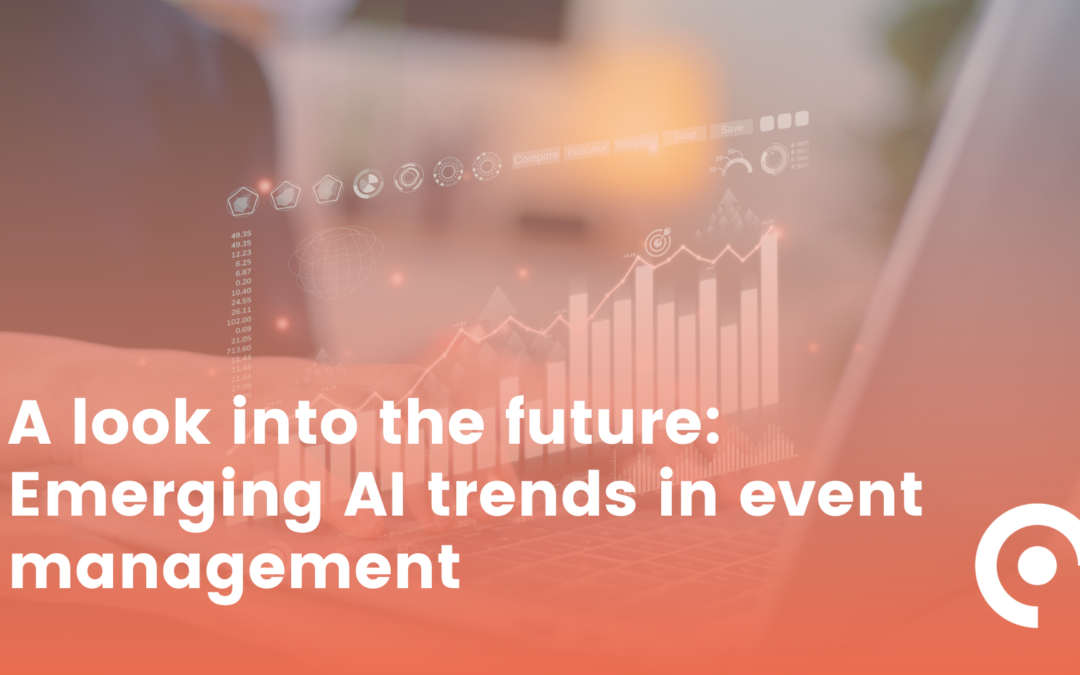Índice de contenidos
Artificial intelligence (AI) is rapidly transforming a variety of industries, and event management is no exception. The adoption of emerging AI technologies promises to revolutionize how events are planned, executed and evaluated. This article explores emerging AI trends in event management and how these innovations are unlocking new levels of efficiency and personalization.
AI for event management
AI is being integrated into event management to automate repetitive tasks, personalize the attendee experience and provide advanced analytics. These applications are designed to improve operational efficiency and user satisfaction, allowing organizers to focus on strategic and creative aspects.
Benefits of AI in events
Implementing AI at events offers numerous benefits. From reducing operational costs to improving the attendee experience, AI is changing the rules of the game in the event industry.

Emerging trends in the use of AI
Personalization of the assistant experience
AI makes it possible to personalize each attendee’s experience by analyzing data in real time. This includes recommendations for activities, sessions and networking based on participants’ previous interests and behaviors.
Automation of tasks
Automation is one of the most prominent uses of AI. Tasks such as attendee registration, registration management and logistics coordination can be handled by AI systems, freeing up time and resources for organizers.
Predictive analytics
Predictive analytics, powered by AI, helps forecast future trends and behaviors. This enables organizers to make informed decisions and adapt quickly to changing attendee and market needs.
Improved safety and security
AI is also used to improve security at events. Through the use of facial recognition and behavioral analysis, it is possible to identify and mitigate potential threats before they become problems.

Tools in event management: emerging IA trends
Smart registration platforms
AI-equipped registration platforms simplify and speed up the registration process, reducing errors and improving the user experience. These platforms can be tailored to the specific needs of each event.
Virtual assistants
Virtual assistants, powered by AI, can provide real-time support to attendees, answering frequently asked questions, providing event information and assisting with venue navigation.

Analysis of feelings
Sentiment analysis allows organizers to measure attendee satisfaction in real time. Through analysis of social media comments and surveys, AI can provide accurate insight into the impact of the event.
Case studies: AI in real events
Several events have already adopted AI with great success. For example, large technology conferences use virtual assistants to enhance the user experience, while music festivals employ predictive analytics to optimize scheduling and logistics.
Challenges in the Implementation of AI
While the benefits are clear, AI implementation also presents challenges. These include integration with existing systems, data privacy and the need for specialized skills to manage these technologies.
The future of AI in event management is promising. As technologies continue to evolve, AI is expected to play an even more central role in creating smarter, more personalized event experiences.
Artificial intelligence is redefining event management, offering tools and solutions that improve efficiency and personalization. By embracing these emerging technologies, event organizers can unlock new opportunities and elevate the attendee experience to unprecedented levels.
Related Blog:

